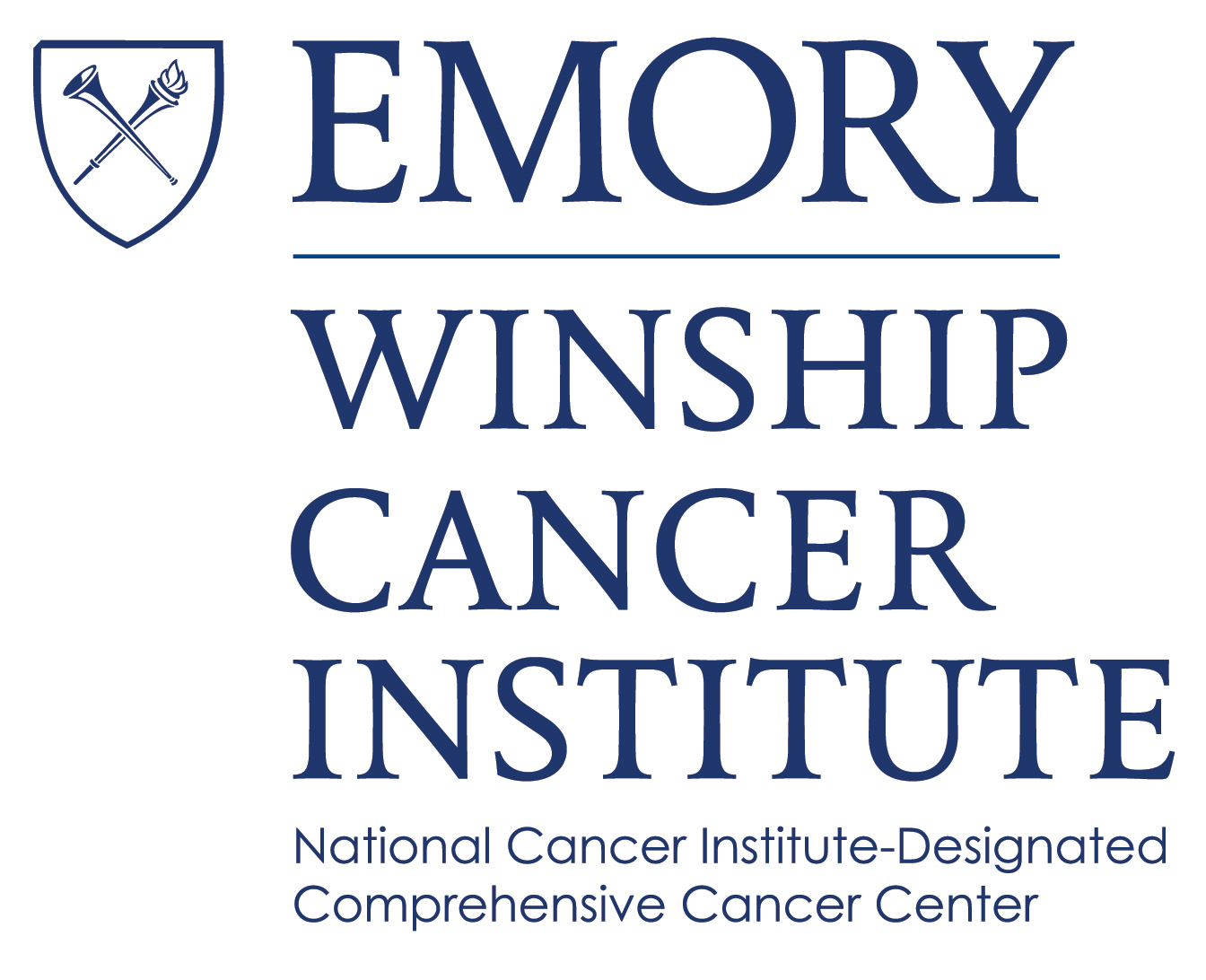- Advertise
- About OncLive
- Editorial Board
- MJH Life Sciences brands
- Contact Us
- Privacy
- Terms & Conditions
- Do Not Sell My Information
2 Clarke Drive
Suite 100
Cranbury, NJ 08512
© 2025 MJH Life Sciences™ and OncLive - Clinical Oncology News, Cancer Expert Insights. All rights reserved.
Dr. Meisel on the Nuances of Utilizing Adjuvant T-DM1 in HER2+ Breast Cancer
Jane L. Meisel, MD, discusses some of the nuances of utilizing adjuvant ado-trastuzumab emtansine in HER2-positive breast cancer.
Jane L. Meisel, MD, associate professor, Departments of Hematology and Medical Oncology and Gynecology & Obstetrics, Winship Cancer Institute, Emory University School of Medicine, discusses some of the nuances of utilizing adjuvant ado-trastuzumab emtansine (T-DM1; Kadcyla) in HER2-positive breast cancer.
Findings from the phase 3 KATHERINE trial led to the FDA approval of adjuvant T-DM1 in patients with HER2-positive early breast cancer who have residual invasive disease following neoadjuvant trastuzumab (Herceptin) and chemotherapy. In the study, 18% of patients discontinued T-DM1 due to adverse effects (AEs), says Meisel.
Typically, patients enrolled on clinical trials are more fit and motivated to stay on treatment compared with real-world populations, says Meisel. As such, modifications with T-DM1 are likely needed because the results of the trial showed that T-DM1 is less tolerable vs trastuzumab alone, Meisel explains.
However, patients who are eligible to receive T-DM1 can derive a significant benefit from the therapy if tolerated, Meisel says. It is important to prepare patients of the potential toxicities associated with T-DM1 even when discussing neoadjuvant HER2-directed therapies, Meisel highlights. Patients who do not achieve a pathologic complete response to surgery should receive T-DM1 vs additional trastuzumab/pertuzumab, but it is important to monitor patients to ensure that toxicities, such as nosebleeds or gastrointestinal AEs, are managed early, concludes Meisel.


